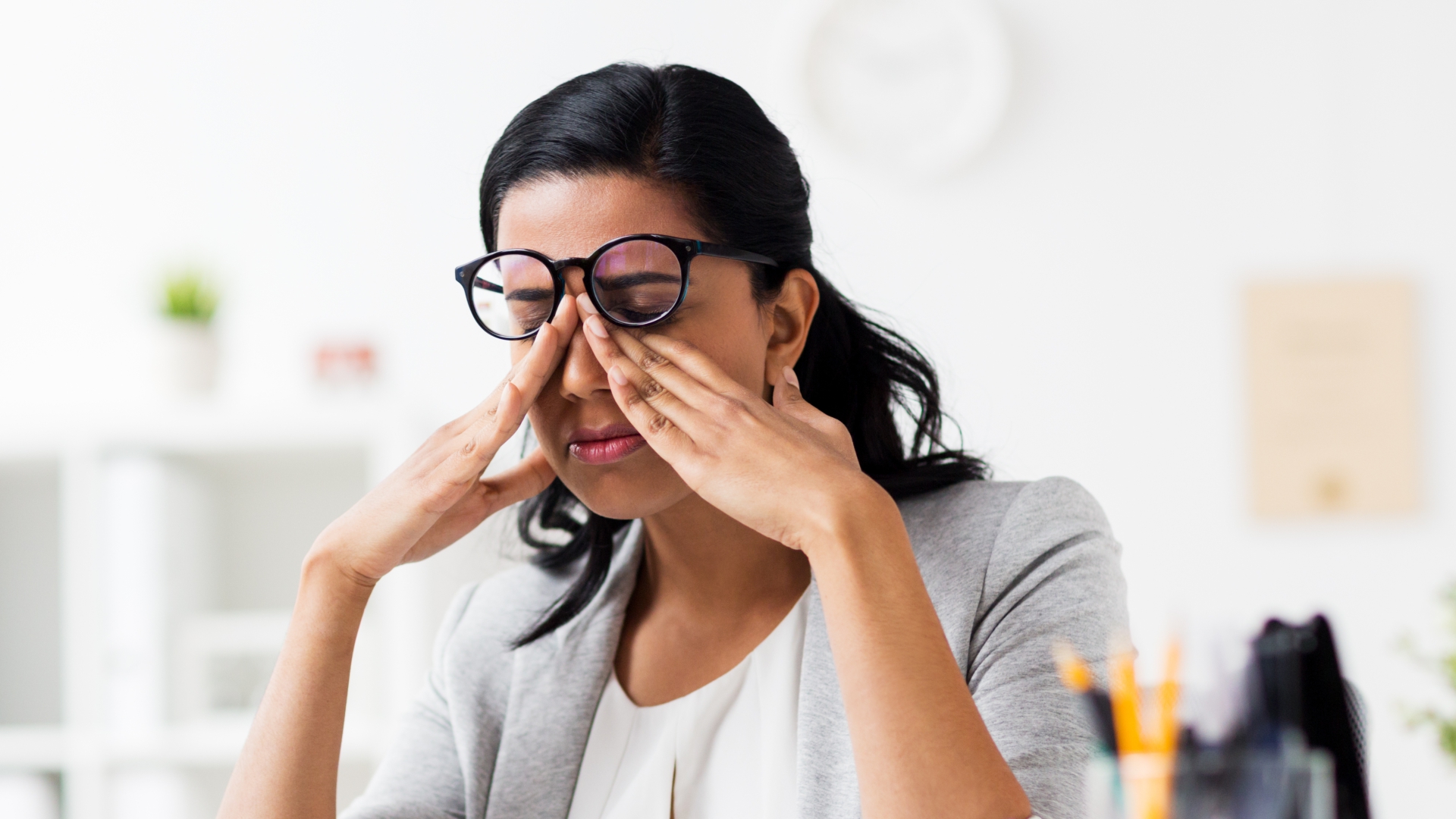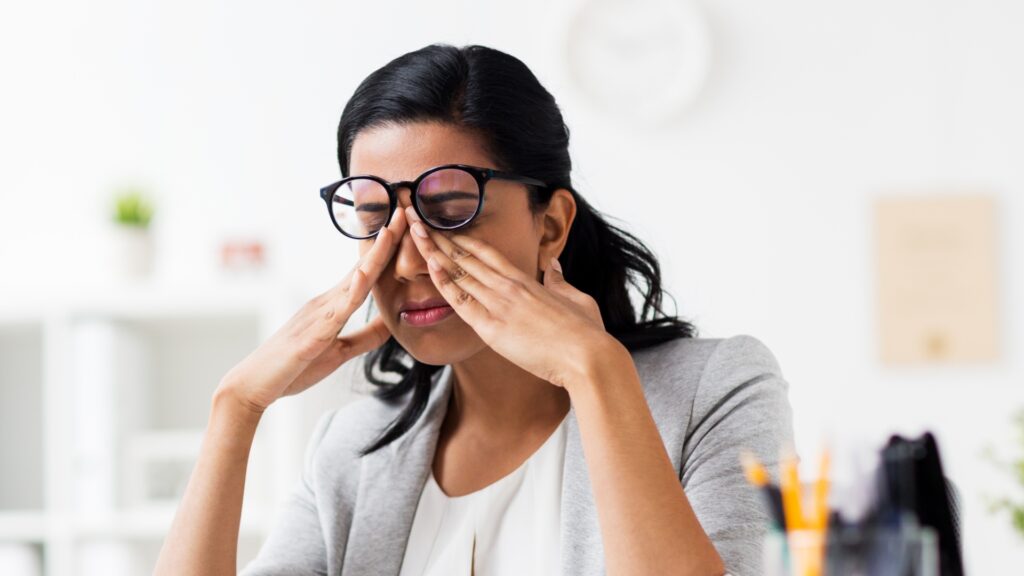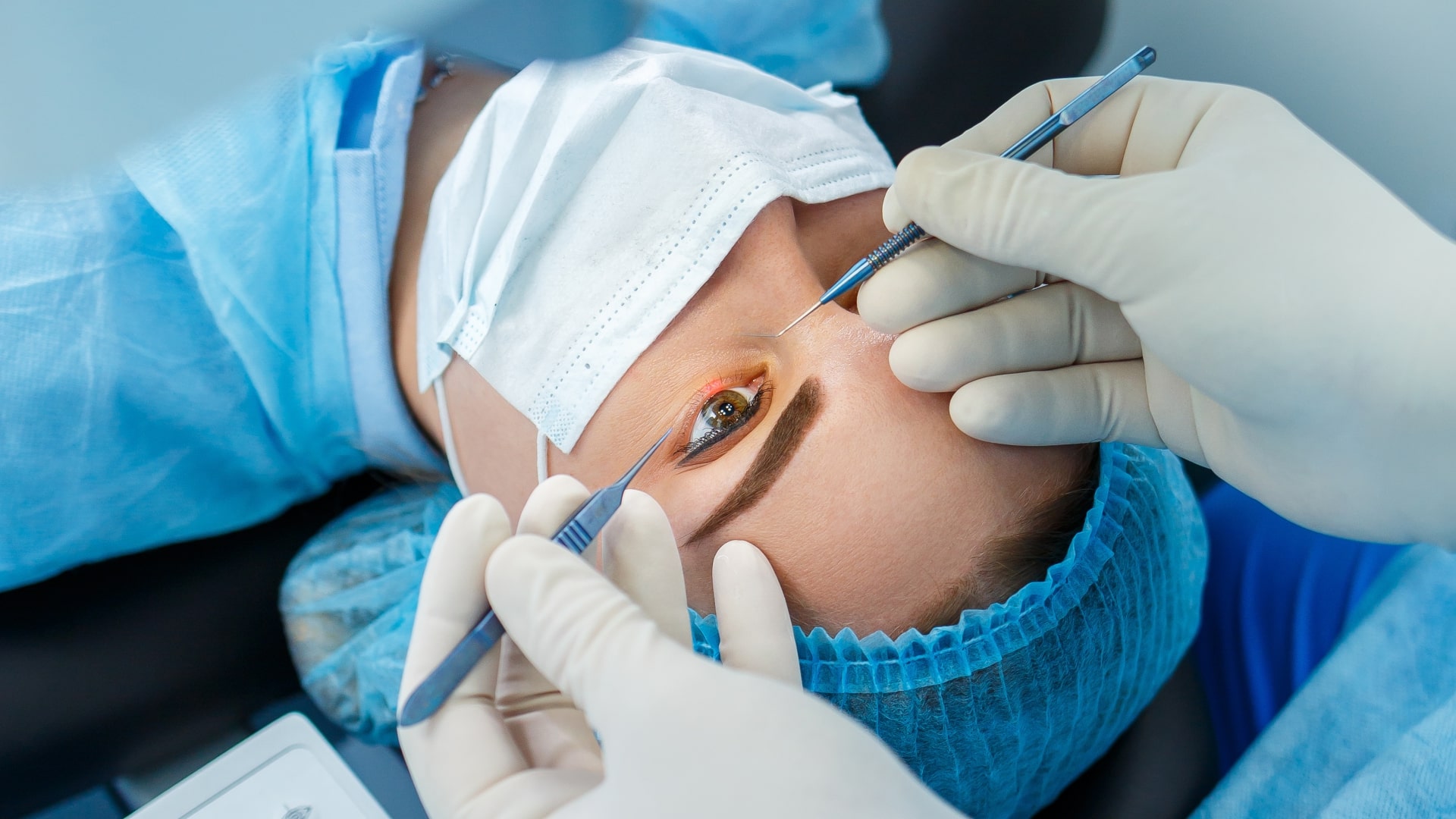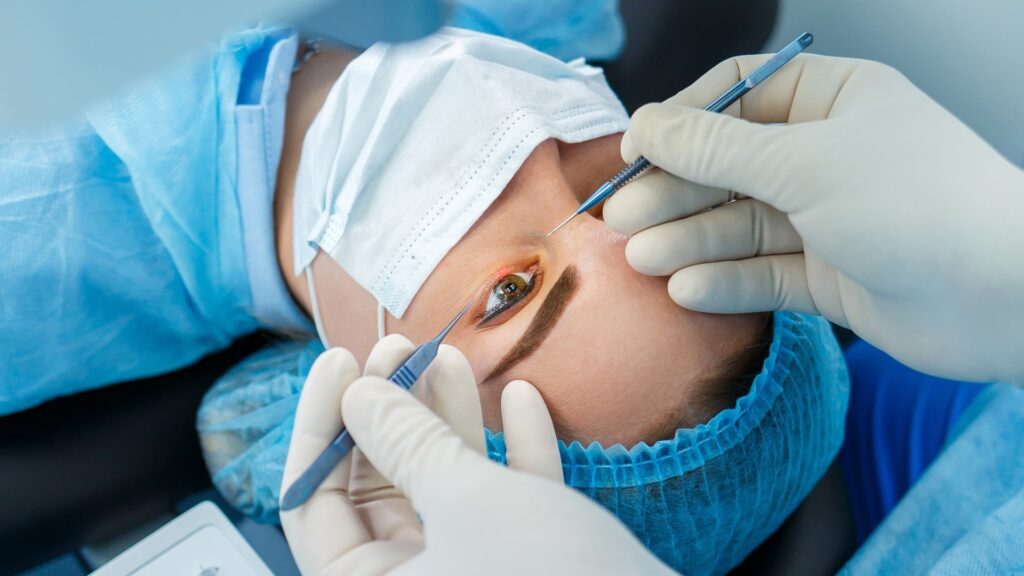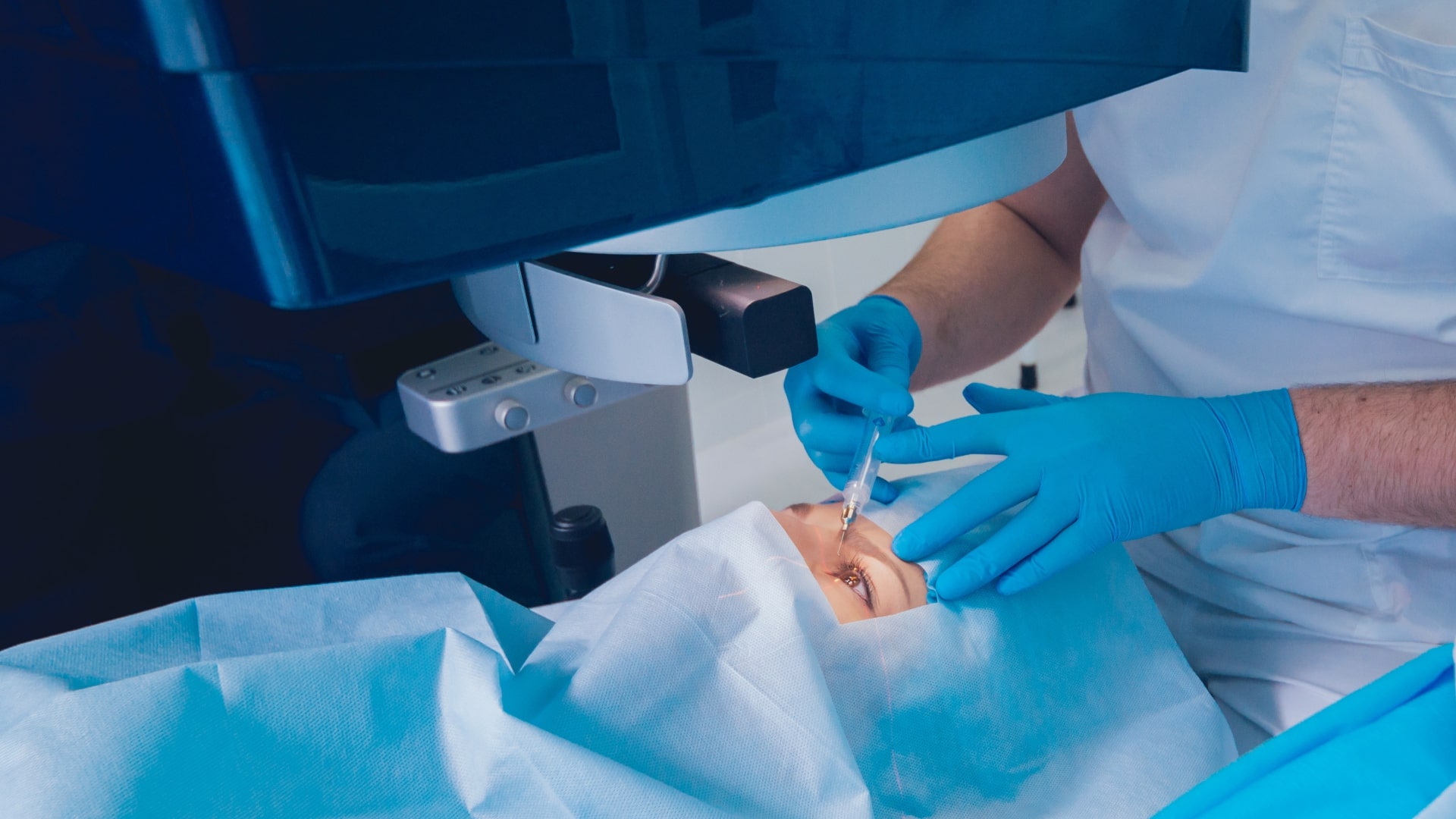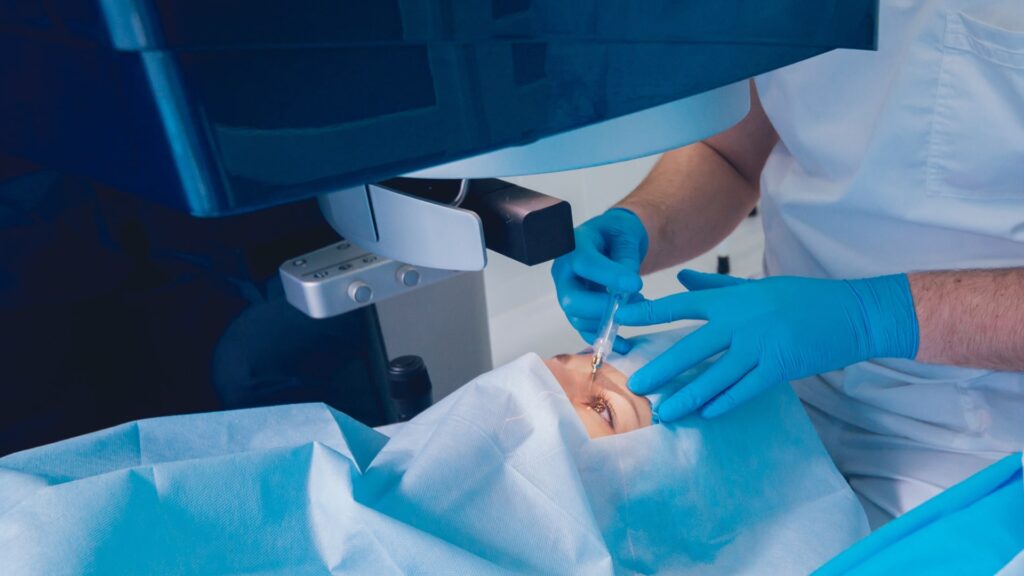
Retinopathy of Prematurity(ROP) is a medical condition of the eye in premature babies or babies weighing less than three pounds at birth. It affects such babies over the days and weeks following birth. Retinopathy of Prematurity occurs when there is an abnormal growth of blood vessels on the retina (the light-sensitive tissue on the back of the eye).
The blood vessels of a baby’s retina usually develop between the fourth and ninth months of pregnancy. But they stop developing when they are born prematurely. After birth, the retina undergoes a process called neovascularisation in which it starts growing its blood vessels. But these tend to be abnormal.
Consequently, it may cause retinal detachment, which causes blindness. In mild cases, this condition tends to stabilise without any treatment. In other cases, it requires careful monitoring and treatment.
Signs & Symptoms of Retinopathy of Prematurity
Babies born prematurely or weighing less than three pounds at birth are brought in for Retinopathy of Prematurity screening a few weeks later. There are zero visible symptoms of ROP at this stage. The eye specialist generally conducts a dilated eye exam between four to nine weeks post-birth. The specialist decides whether to conduct further examination based on the first eye examination.
Consequently, the Retinopathy of the Prematurity stage determined from the exams decides the future course of action. While Stage 1 and Stage 2 babies improve naturally under the specialist’s supervision, Stage 4 and Stage 5 babies require treatment. In Stage 3, babies may or may not require treatment depending on the doctor’s understanding of the condition.
With age, the following symptoms could be observed:
- Trouble recognising people.
- Inability to focus on the vision.
- White-coloured pupils.
- Inability to follow any objects.
With old age, the additional symptoms are:
- Amblyopia (lazy eye)
- Near-Sightedness
- Misalignment of the eyes
- Retinal Detachment
Diagnosis of Retinopathy of Prematurity
The diagnosis is subject to the eye specialist’s understanding of the stage of Retinopathy of Prematurity. However, this would take a few weeks after the baby’s birth. The eye specialist will communicate the time for the examination during discharge.
Subsequently, the ROP stages revealed by a dilated eye exam are as follows –
- Stage 1 and Stage 2: These stages heal naturally under the observation of the eye specialist
- Stage 3: This stage may or may not require treatment depending on the extent of abnormal blood vessel growth
- Stage 4: Babies have partially detached retinas and need treatment
- Stage 5: Babies have completely detached retinas. Vision loss may happen even with treatment
Treatment methods include Laser Surgery, Eye Surgery, and Injections.
It is natural to worry about your baby’s health, but there is great hope with the advanced treatment options available today. Hence, being armed with the latest technology, the expert eye specialists at Sharath Maxivision Eye Hospital are always there to take care of your baby’s eye conditions.





